
Wild animal ownership comes with challenges, and many species are banned in various states as pets. While some may appear tame, their instincts and needs make them unsuitable for domestic life. Here are 20 wild animals you can’t legally own in some U.S states.
Lions
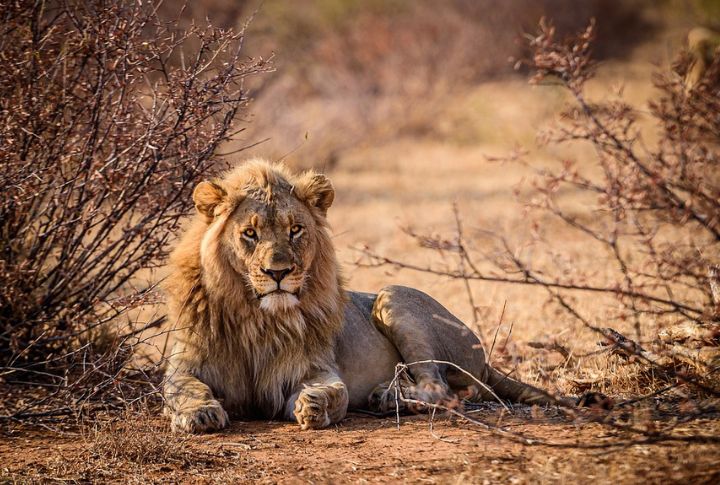
Owning a lion isn’t just unlawful in many states—it’s a disaster waiting to happen. These massive carnivores require up to 15 pounds of meat daily and roam over 100 square miles in the wild. No enclosure in a backyard can replicate the space they need.
Wolves
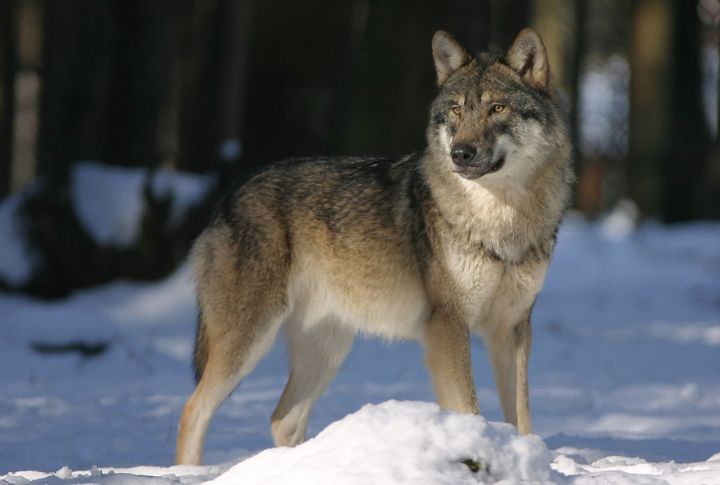
Wolves don’t behave like oversized dogs; their wild instincts remain intact regardless of their upbringing. Many owners underestimate their need for dominance. Notably, states like Georgia, Michigan, and New York have outlawed ownership, with bans often targeting hybrids.
Primates (Chimpanzees, Monkeys, etc.)
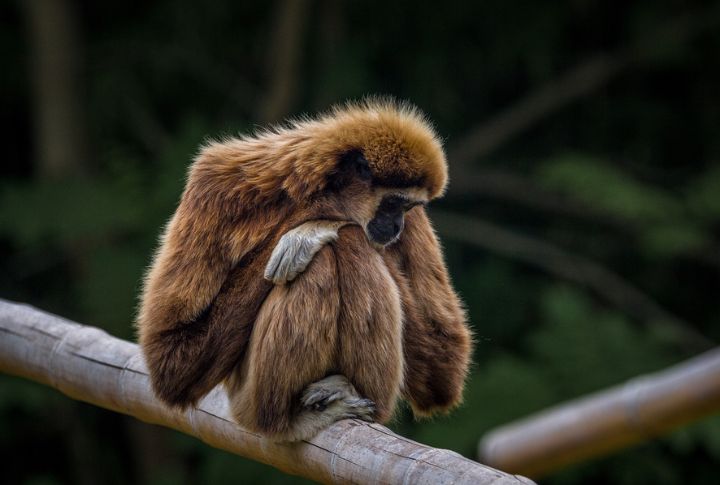
While incredibly intelligent, their unpredictability and aggressive tendencies make them unsuitable as pets. Adult chimpanzees, for instance, are 1.5 times stronger than humans and have ambushed owners in gruesome cases.
Alligators
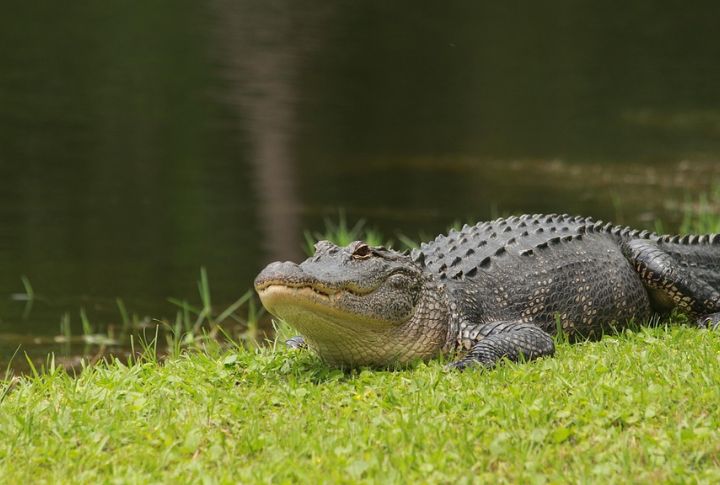
Raising an alligator is like trying to tame a dinosaur—futile and reckless. These reptiles grow up to 15 feet long and strike with lightning-fast precision. States such as Oregon, Hawaii, and Vermont prohibit private ownership to prevent dangerous encounters.
Raccoons
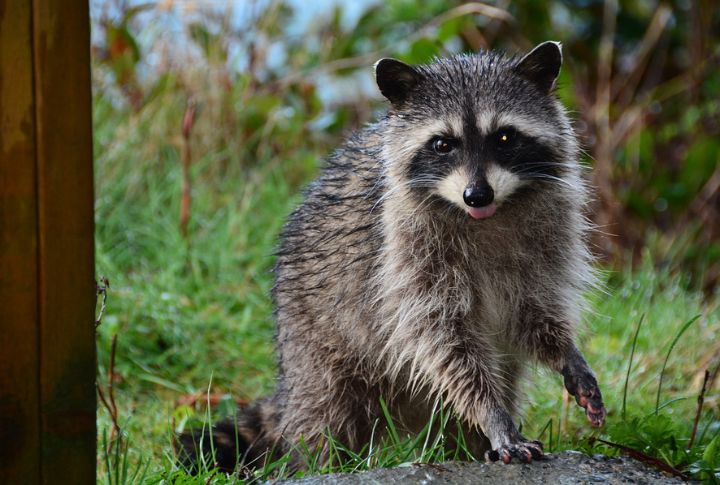
Many think raccoons can be playful and affectionate pets until they start tearing through drywall and biting their owners. Their sharp teeth and high rabies risk make them a public health hazard, while their potential to carry rabies and parasites adds health risks.
Squirrels
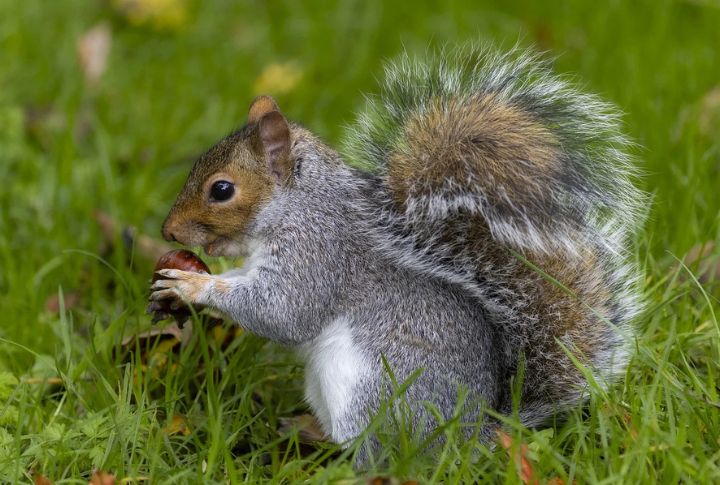
Some animals simply aren’t meant for cages, and squirrels are one of them. These hyperactive rodents need constant space to climb and explore. Confined environments cause stress and cause erratic and destructive behavior.
Tigers
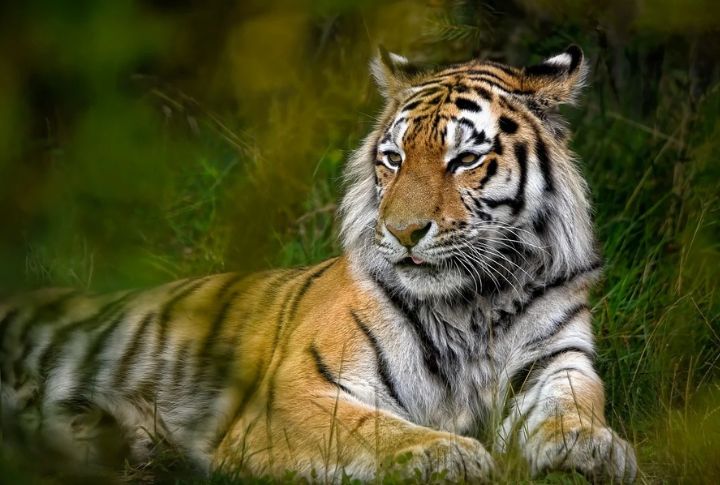
Weighing up to 600 pounds, tigers remain among the deadliest land predators. Even in captivity, they retain their instinct to ambush prey and require territories spanning several miles. Numerous incidents involving attacks and escapes have led to bans.
Bears
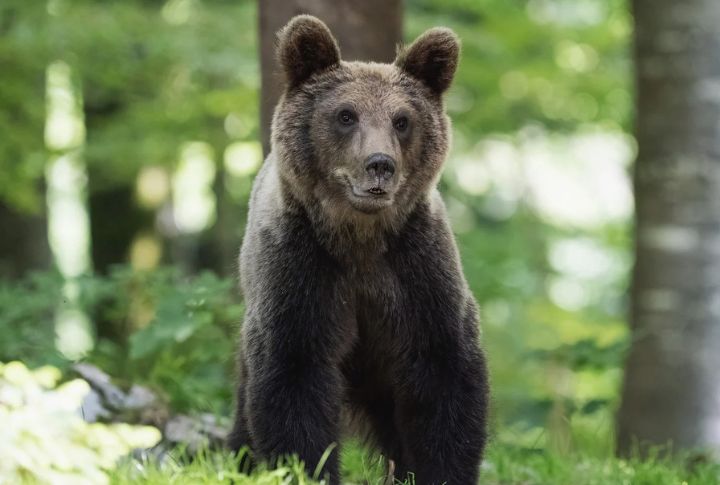
A bear’s sheer strength is impossible to control. It can break through reinforced enclosures, outrun humans and maul with devastating force. Even well-fed captive bears remain unpredictable, and when they attack, the results are almost always fatal.
Kangaroos
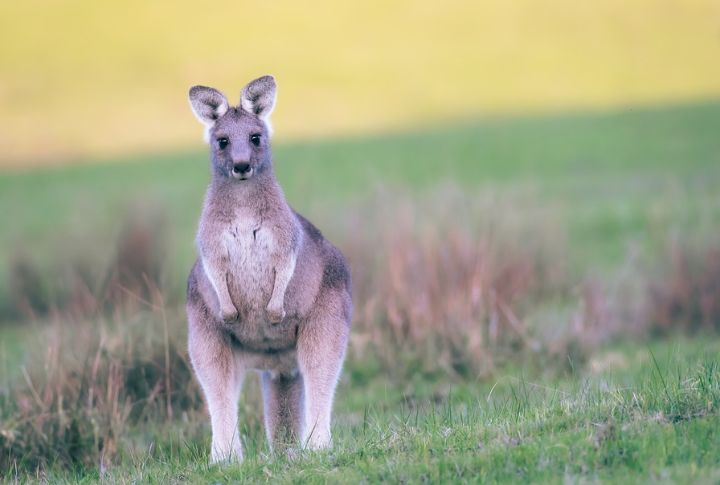
Built for speed and combat, they are more than exotic-looking creatures. The males use powerful hind legs to deliver bone-shattering kicks, especially during dominance battles. Notably, while most states ban them as pets, some states, like Texas, allow them with legal permits.
Leopards
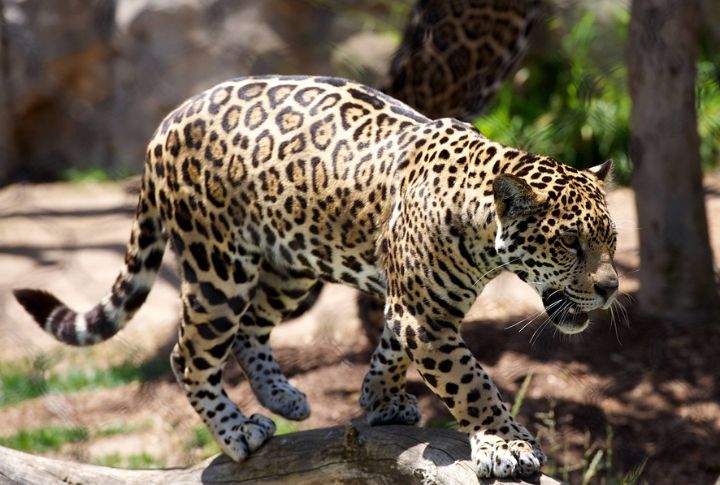
Stealthy, silent, and impossibly fast, leopards strike before their prey even knows they’re there. Unlike lions or tigers, they prefer solitude and don’t adapt to human interaction. No amount of training or bonding can remove their natural instinct.
Iguanas
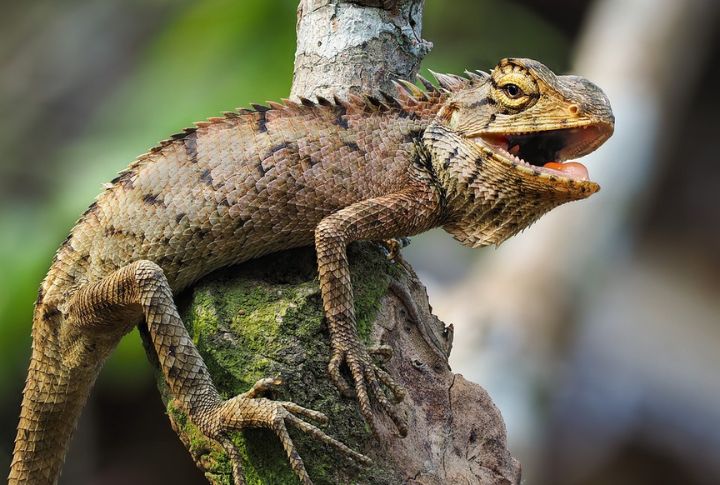
Often purchased as small pets, they grow over six feet long and require large enclosures and specific diets. Their sharp claws and powerful tails can injure handlers, and aggressive behavior emerges when territorial.
Eagles
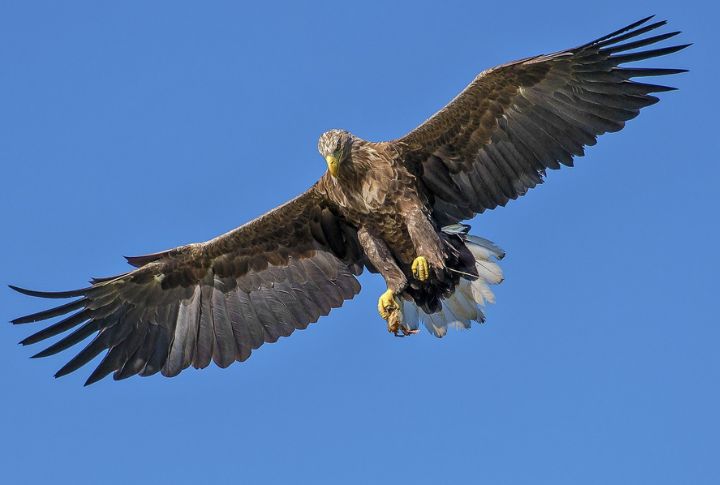
An eagle is dangerous and not allowed as a pet by law in most states. With talons strong enough to crush bones, these birds of prey are built for soaring, hunting, and ruling the skies. Keeping one in captivity denies it the ability to fly freely.
African Clawed Frogs
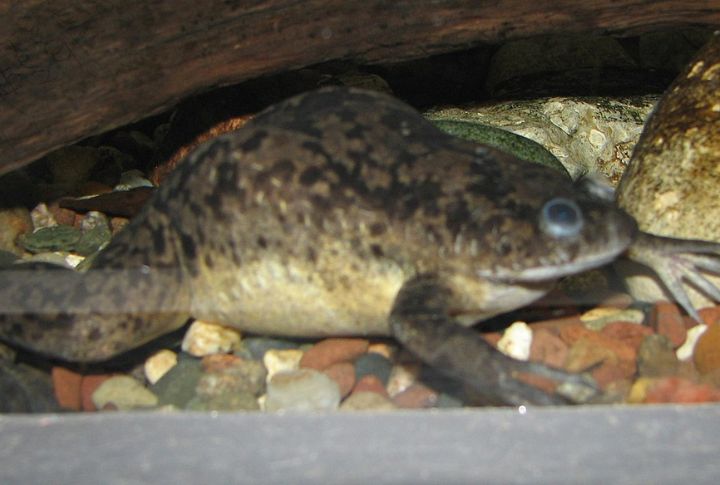
Despite their small size, these amphibians introduce major ecological risks when released into non-native environments. Highly adaptable and prolific breeders, they disrupt local ecosystems and spread fungal infections that harm native frog populations.
Deer
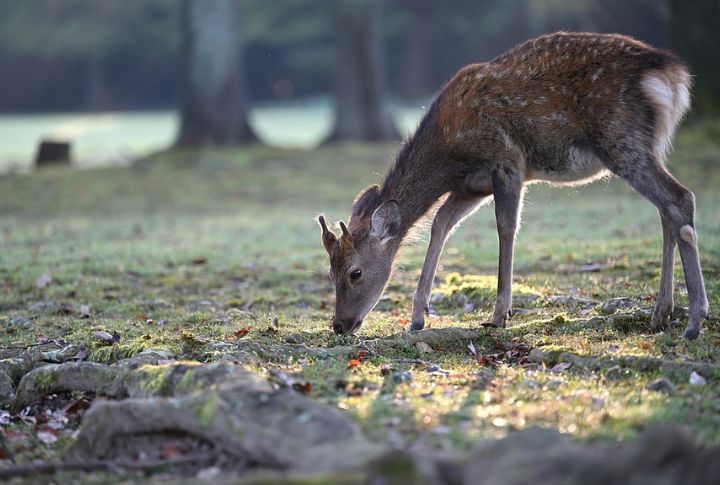
A calm-looking deer can turn aggressive, especially during mating season when males charge with sharp antlers. While most states don’t allow it, keeping deer as pets is legal with permits in states like Idaho, Florida, and Wisconsin, with varying regulations.
Lynxes
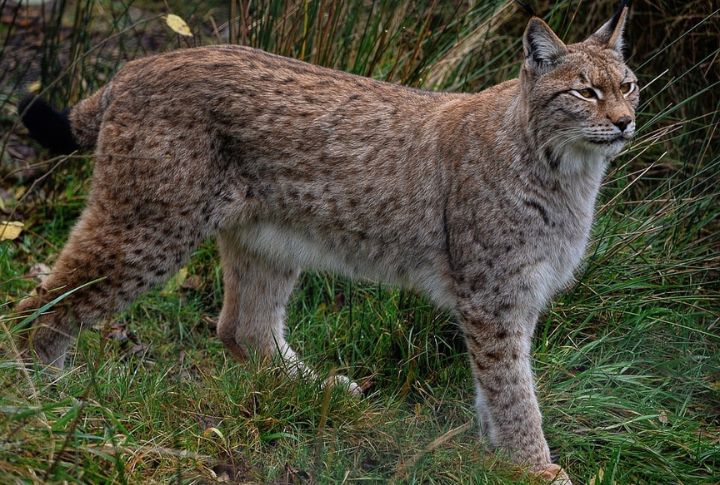
Designed for stealth and survival, lynxes excel at ambush hunting. Their retractable claws and powerful hind legs allow them to pounce with extreme force. Unlike domestic cats, they do not form social bonds with humans.
Bobcats
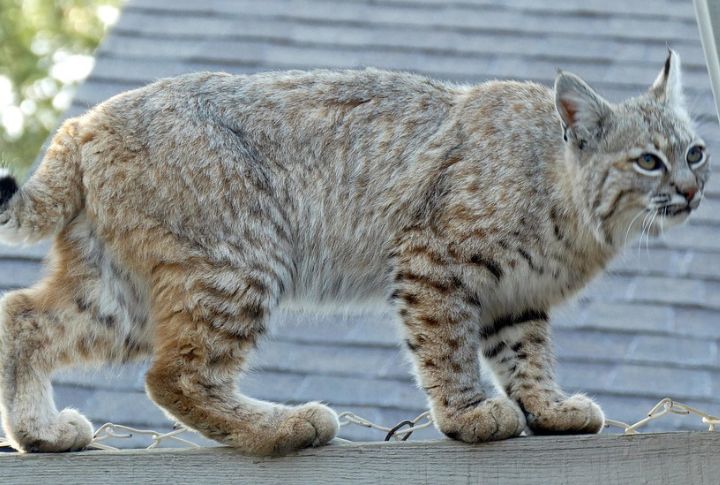
Bobcats may be smaller than leopards, but they are just as fierce. They are ambush hunters, taking down prey much larger than themselves with raw power and agility. When in captivity, their territorial aggression makes them completely unmanageable.
Wild Turkeys
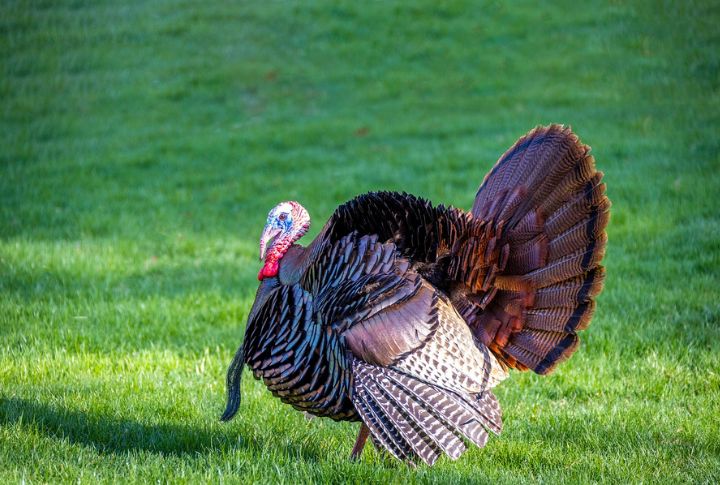
Typically non-aggressive, they can exhibit assertive behaviors during mating season, especially males establishing dominance. They may become more territorial and display increased aggression. Some states, like Maine, prohibit keeping wild turkeys as pets.
Foxes
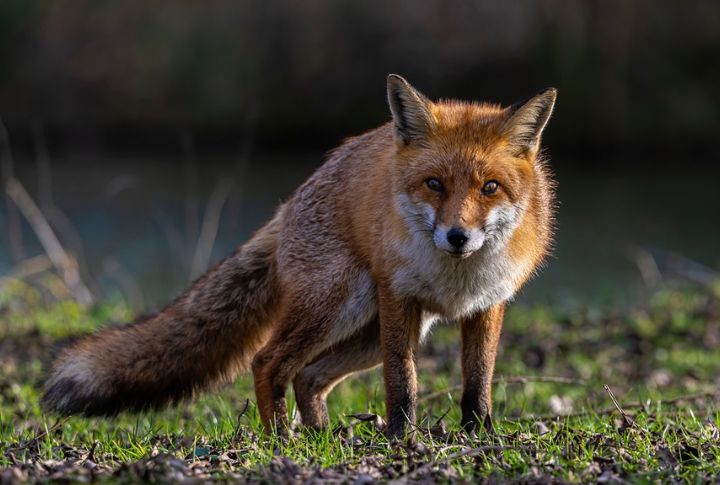
Keeping a fox as a pet is a lesson in frustration. They mark everything with an overwhelming musky scent and resist training. Even when raised in captivity, they still have their wild nature with many states banning them.
Zebras
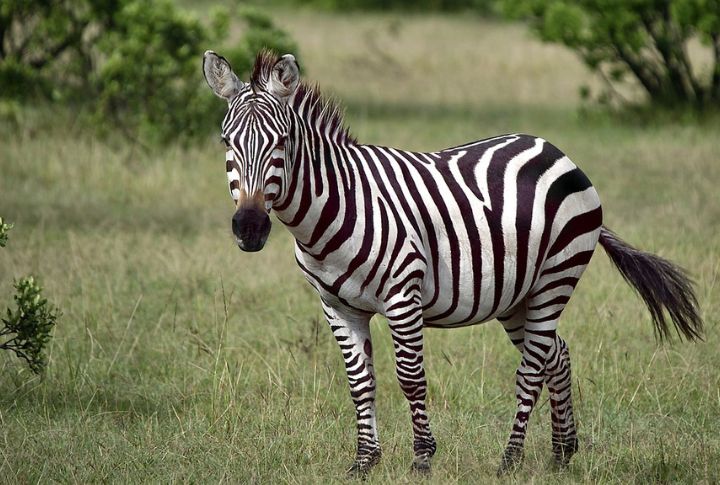
Despite their resemblance to horses, zebras resist domestication. Their unpredictable temperament and strong herding instincts make handling dangerous. Kicks from a zebra can break bones, and their need for wide-open plains cannot be met in captivity.
Venomous Reptiles
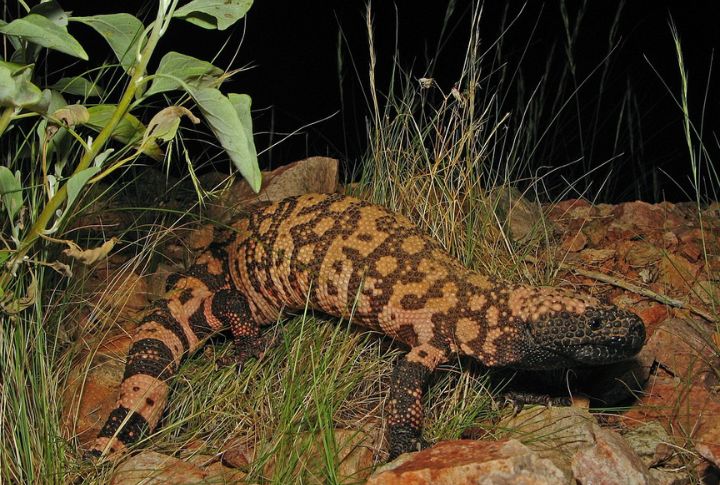
Even experienced handlers risk fatal bites when dealing with venomous reptiles. Cobras, vipers, and Gila monsters deliver toxins that cause paralysis or tissue destruction. In addition, accidental escapes put communities in danger.
